 | |||||
 | |||||
The Lost City of the Monkey God: A True Story | |||
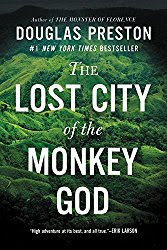 |
Since the days of conquistador Hernán Cortés, rumors have circulated about a lost city of immense wealth hidden somewhere in the Honduran interior, called the White City or the Lost City of the Monkey God. Indigenous tribes speak of ancestors who fled there to escape the Spanish invaders, and they warn that anyone who enters this sacred city will fall ill and die...
| ||
Stolen Legacy: The Egyptian Origins of Western Philosophy | |||
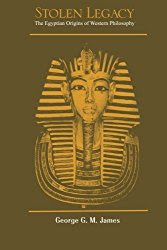 |
The term Greek philosophy, to begin with a misnomer, for there is no such philosophy in existence. The ancient Egyptians had developed a very complex religious system, called the Mysteries, which was also the first system of salvation. As such, it regarded the human body as a prison house of the soul, which could be liberated from its bodily impediments...
| ||
| ||
The Sea Wolves: A History of the Vikings | |||
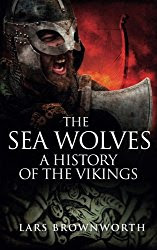 |
In AD 793 Norse warriors struck the English isle of Lindisfarne and laid waste to it. Wave after wave of Norse ‘sea-wolves’ followed in search of plunder, land, or a glorious death in battle. Much of the British Isles fell before their swords, and the continental capitals of Paris and Aachen were sacked in turn. Turning east, they swept down the uncharted rivers of central Europe, captured Kiev and clashed with mighty...
| ||
Consider the Fork: A History of How We Cook and Eat | |||||||
 |
Since prehistory, humans have braved sharp knives, fire, and grindstones to transform raw ingredients into something delicious—or at least edible. Tools shape what we eat, but they have also transformed how we consume, and how we think about, our food. In Consider the Fork, award-winning food writer Bee Wilson provides a wonderful and witty tour of the evolution of cooking around the world...
| ||||||
| |||||||
The Storm Before the Storm: The Beginning of the End of the Roman Republic | |||
 |
The Roman Republic was one of the most remarkable achievements in the history of civilization. After its founding in 509 BCE, it grew from an unremarkable Italian city-state to the dominant superpower of the Mediterranean world. Through it all, the Romans never allowed a single man to seize control of the state. Every year for four hundred years the consuls voluntarily handed power to their successors...
| ||
Last week top picks | |||||||||||||||
|
|
| |||||||||||||

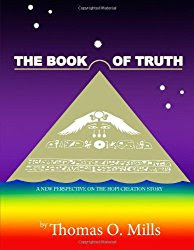



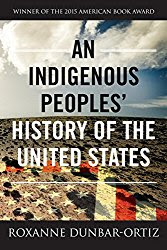









No comments:
Post a Comment